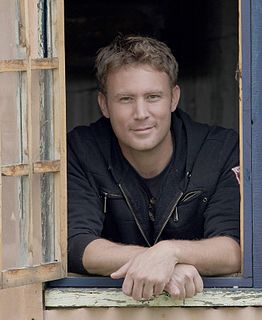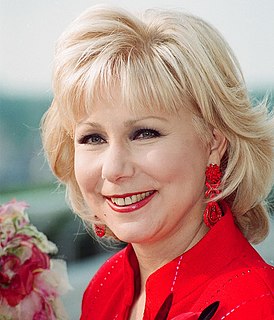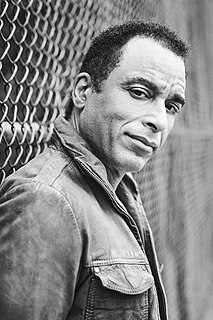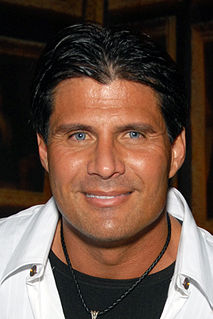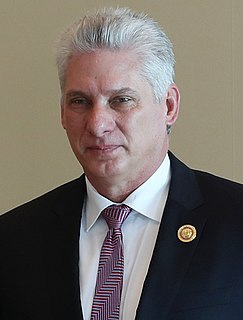A Quote by Alejandro Castro Espin
The United States is the most indebted country in the world. It has almost 17 billion dollars of debt with the rest of the world while living off the world's savings. They are living off the savings of the people of Greece, the savings of the people of Spain, France etc. All of those countries that save their reserves in the banks in dollars are simply financing the American economy, and that is why the average American citizen consumes two and a half times more than their income.
Quote Topics
Almost
American
American Citizen
American Economy
Average
Banks
Billion
Billion Dollars
Citizen
Countries
Country
Debt
Dollars
Economy
Etc
Financing
France
Greece
Half
Half Time
Income
Indebted
Living
More
Most
Off
People
Reserves
Rest
Save
Savings
Simply
Spain
States
Than
Those
Times
Two
United
United States
While
Why
World
Related Quotes
The potential of Mexico, Canada and the United States is enormous. We have a combined population of half a billion people; peaceful trade-friendly borders that are the envy of the world; the prospect of energy independence is within reach and will change the geopolitical situation of United States; we do a trillion dollars in trade among the three countries; more than 18,000 American companies are involved in foreign direct investment in Mexico and Canada; an increasing number of Mexican companies are creating jobs in the United States.
Roughly two billion people participate in the money economy, with less than half of those living in the wealthy countries of the developed world. These affluent 800 million, however, account for more than 75 percent of the world's energy and resource consumption, and also create the bulk of its industrial, toxic, and consumer waste.
The income tax is the biggest single intrusion suffered by the American people. It forces every worker to be a bookkeeper, to open his records to the government, to explain his expenses, to fear conviction for a harmless accounting error. Compliance wastes billions of dollars. It penalizes savings and creates an enormous drag on the U.S. economy. It is incompatible with a free society, and we aren’t libertarians if we tolerate it.
For half of the world's population, roughly three billion people around the world living on less than two dollars a day, an election is at best a means, not an end; a starting point, not deliverance. These people are looking less for an "electocracy" than for the basic elements that for most of us define a decent life--food, shelter, electricity, basic health care, education for their children, and the ability to make their way through life without having to endure corruption, violence, or arbitrary power.
In comparative terms, there's no poverty in America by a long shot. Heritage Foundation political scientist Robert Rector has worked up figures showing that when the official U.S. measure of poverty was developed in 1963, a poor American family had an income twenty-nine times greater than the average per capita income in the rest of the world. An individual American could make more money than 93 percent of the other people on the planet and still be considered poor.
The American press exists for one purpose only, and that is to convince Americans that they are living in the greatest and most envied country in the history of the world. The Press tells the American people how awful every other country is and how wonderful the United States is and how evil communism is and how happy they should be to have freedom to buy seven different sorts of detergent.














